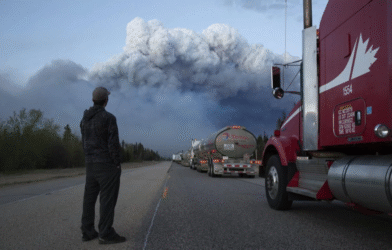Avoid non-essential travel:
The Public Health Agency of Canada is advising travellers, regardless of their vaccination status, to avoid non-essential travel internationally.
November 26th, 2021, a new variant of the SARS-CoV-2 virus that causes COVID-19, “Omicron”, designated this as a variant of concern (VOC) by the World Health Organization. The Omicron variant is present in all continents around the World now but started in Botswana, South Africa.
If you must travel:
All travellers should complete a COVID-19 vaccination series, which includes minimum 2 vaccines, at least 14 days before travelling.
Consult a health care professional or visit a travel health clinic preferably at least 6 weeks before you travel.
Who can come to Canada:
Canadian citizens, including dual citizens, people registered under the Indian Act, permanent residents of Canada, or protected persons under the refugee status are allowed to enter Canada.
Fully vaccinated foreign nationals may be allowed to enter Canada for discretionary travel.
Who needs a pre-entry test:
All travellers 5 years of age or older
You must provide proof of a COVID-19 negative molecular test result to enter Canada OR proof of a previous positive test result taken between 14 and 180 days ago, starting January 15, 2022, between 10 and 180 days ago.
All travellers will receive calls from a live agent or automated system and you may also be visited at your place of quarantine by a screening officer to verify your compliance.
You are under a legal obligation to take the arrival and Day-8 tests. Failure to comply with the requirements of the Quarantine Act and emergency orders made under this Act is an offence and could lead to fines of up to $750,000 or imprisonment. If you do not take the tests, you may also be transferred to a designated quarantine facility.
For testing: you must find the closest testing facility in the place that you are at prior to entering into Canada.
Effective December 21, 2021, at 12:01 am(EST: All Canadians returning from short trips must take a molecular pre-entry test. The test must be taken outside of Canada.
As of January 15, 2022, in order to cross the borders into Canada, via Land, Air, Rail, Ocean, you will need to show proof of vaccinations, this is available in your Provinces Covid-19 vaccinations program, for example, if you live in Ontario you go to this website: https://covid19.ontariohealth.ca, for Alberta: https://covidrecords.alberta.ca, for British Columbia: https://www2.gov.bc.ca/gov/content/covid-19/vaccine/proof#card, and the same for each Province across Canada just type into your internet search your Province name and Covid-19, you find the links there.
Information regarding Exemptions:
Public Health Agency of Canada – CBSA Enforces the COVID-19 Vaccine requirements. All Travellers crossing the borders – there will be No Exemptions given.
Reasons for Medical Exemptions for COVID-19 Vaccines :
Cancer patients who are undergoing certain medical medicinal drug treatments, this is a time limited exemption while they are actively receiving therapy.
Patients with Severe Autoimmune diseases who are undergoing certain medical medicinal drug treatments, this is a time limited exemption while they are actively receiving therapy.
Patients who have suffered a Severe Adverse effect such as a Blood Clot, Myocarditis or Pericarditis, Severe allergic reaction/Anaphylaxis to a component of a COVID-19 vaccine.
Patients who have suffered Thrombosis with thrombocytopenia syndrome (TTS)/VITT4 following the Astra Zeneca/COVISHIELD COVID- 19 vaccine – Series should be completed with an mRNA vaccine.
The above-mentioned reactions MUST medically diagnosed by a Doctor in a Hospital Emergency Room. This MUST be Documented and Evaluated by an ER Doctor and an Allergist and or Immunologist. There are alternative COVID-19 Vaccines that can and will be used in these cases.
Stay Safe and Healthy Out There!
References:
Dr. T. Walsh MD
PHAC – Public Health Agency of Canada
CBSA – Canada Border Services Agency














Comments are closed